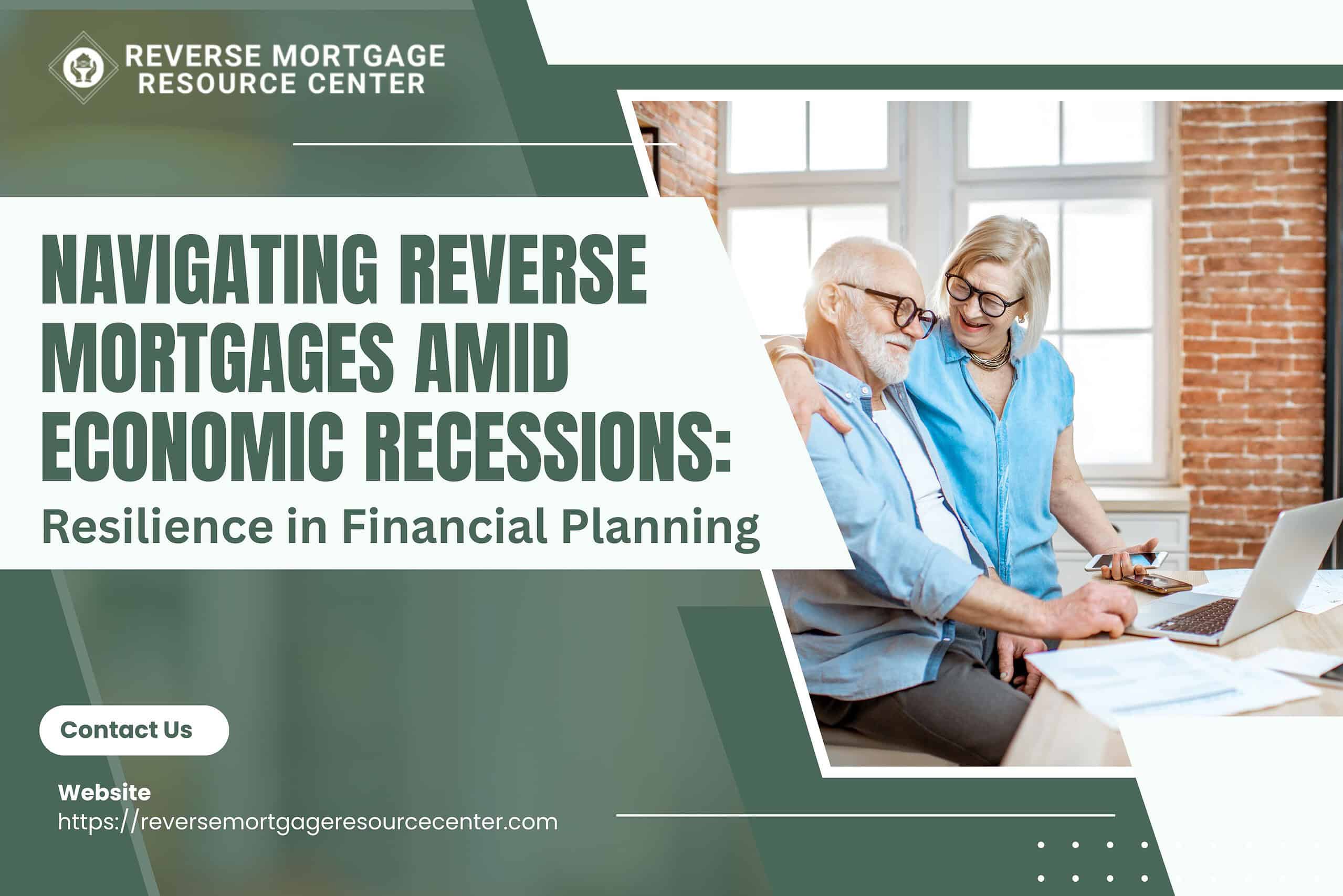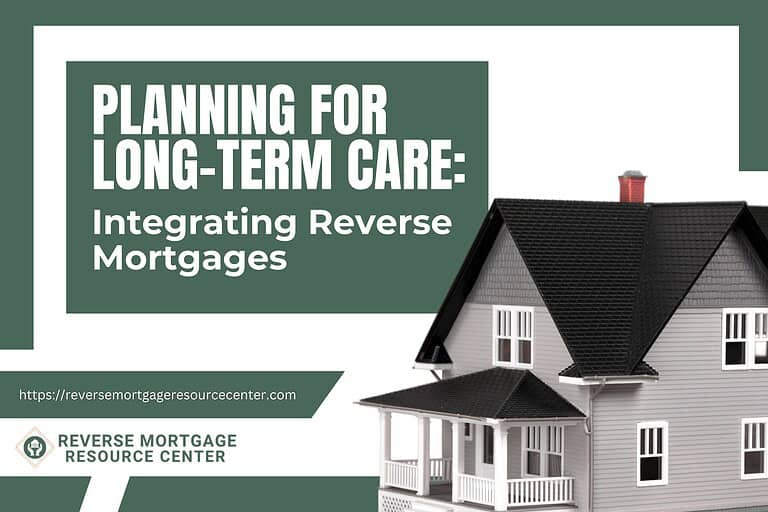Navigating Reverse Mortgages Amid Economic Recessions: Resilience in Financial Planning
In times of economic uncertainty, especially amid recessions, financial stability becomes a paramount concern for seniors navigating their retirement years. Amidst the myriad of financial instruments available, reverse mortgages emerge as both a potential source of relief and a subject of scrutiny. This article delves into the challenges and opportunities presented by reverse mortgages during economic downturns, explores strategies for seniors to maintain financial resilience and stability in recessionary periods, and provides expert insights on adapting reverse mortgage plans in response to economic recessions.
Understanding Reverse Mortgages: A Lifeline for Seniors
Reverse mortgages offer homeowners aged 62 and older the ability to convert a portion of their home equity into readily accessible funds without the burden of monthly mortgage payments. This financial instrument can be particularly appealing for seniors facing economic challenges, as it provides a means to access funds while remaining in their homes.
During economic recessions, when traditional income streams may falter and retirement savings come under strain, reverse mortgages can serve as a lifeline for seniors seeking financial stability. By tapping into their home equity, seniors can supplement their income, cover unexpected expenses, or bolster their retirement savings.
Challenges and Opportunities Amid Economic Downturns
However, economic recessions also introduce complexities and risks to the landscape of reverse mortgages. Falling home values, reduced eligibility criteria, and fluctuating interest rates can impact the viability and attractiveness of these financial products.
One of the primary challenges faced by seniors during economic downturns is the potential depreciation of home values. A decline in property prices can limit the amount of equity available for borrowing through reverse mortgages, constraining seniors’ access to funds precisely when they may need it most.
Moreover, economic recessions often coincide with tightening lending standards and increased scrutiny from lenders. Seniors may find it more difficult to qualify for reverse mortgages, especially if their financial circumstances have been adversely affected by a recession.
Despite these challenges, economic downturns can also present opportunities for savvy seniors to leverage reverse mortgages to their advantage. For instance, falling interest rates may result in more favorable terms for new reverse mortgage loans, allowing seniors to access funds at lower costs.
Strategies for Financial Resilience in Recessionary Periods
In the face of economic uncertainty, seniors can adopt several strategies to maintain financial resilience and stability, including prudent utilization of reverse mortgages:
- Assessing Financial Needs: Seniors should carefully evaluate their financial situation and determine their short-term and long-term needs. By identifying essential expenses, potential sources of income, and available assets, seniors can make informed decisions about whether and how to utilize reverse mortgages.
- Exploring Alternatives: Reverse mortgages should be viewed as one tool among many in a comprehensive financial plan. Seniors should explore alternative options for generating income or accessing funds, such as part-time employment, downsizing to a smaller home, or tapping into retirement savings accounts.
- Seeking Professional Guidance: Consulting with financial advisors or housing counselors specializing in reverse mortgages can provide seniors with valuable insights and guidance tailored to their individual circumstances. These professionals can help seniors navigate the complexities of reverse mortgages, assess the risks and benefits, and develop strategies for maximizing their financial resilience.
- Managing Debt Wisely: Seniors should prioritize debt management and strive to minimize high-interest obligations, such as credit card debt or outstanding loans. Reverse mortgages can potentially be used to consolidate debt or alleviate financial burdens, but careful consideration should be given to the long-term implications and risks.
- Maintaining Home Equity: Preserving home equity is essential for ensuring the long-term sustainability of reverse mortgages. Seniors should be cautious about borrowing excessively against their home equity and strive to maintain a sufficient buffer to withstand fluctuations in property values.
Expert Insights on Adapting Reverse Mortgage Plans
In light of economic recessions, experts emphasize the importance of flexibility and adaptability in reverse mortgage planning. While reverse mortgages can offer valuable financial support during challenging times, seniors should approach these financial products with caution and prudence.
According to John, a certified financial planner specializing in retirement planning, “Seniors should view reverse mortgages as a potential safety net rather than a primary source of income. It’s crucial to assess the risks and benefits carefully and to explore alternative strategies for managing financial challenges during economic downturns.”
Moreover, Debbie, a housing counselor with extensive experience in reverse mortgages, advises seniors to “Stay informed about changes in the housing market, lending practices, and regulatory requirements. Economic recessions can bring about shifts in the landscape of reverse mortgages, and seniors need to be proactive in adapting their plans accordingly.”
Navigating reverse mortgages amid economic recessions requires a balanced approach that considers both the challenges and opportunities inherent in these financial products. By adopting prudent strategies for financial resilience, seeking professional guidance, and remaining adaptable in their planning, seniors can mitigate risks and secure their financial well-being throughout their retirement years.
REVERSE MORTGAGE RESOURCE CENTER ~LIVE LIFE ON YOUR TERMS~
Our Lending Team has been serving our clients since 2004. We are passionate about serving our clients with integrity to help them achieve their financial goals.







